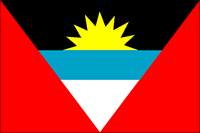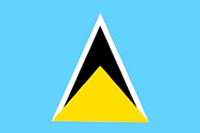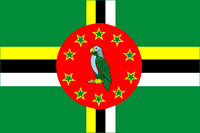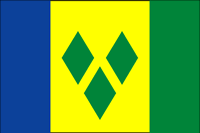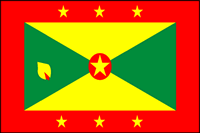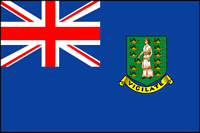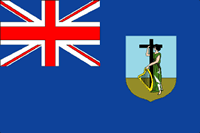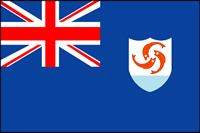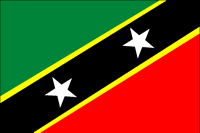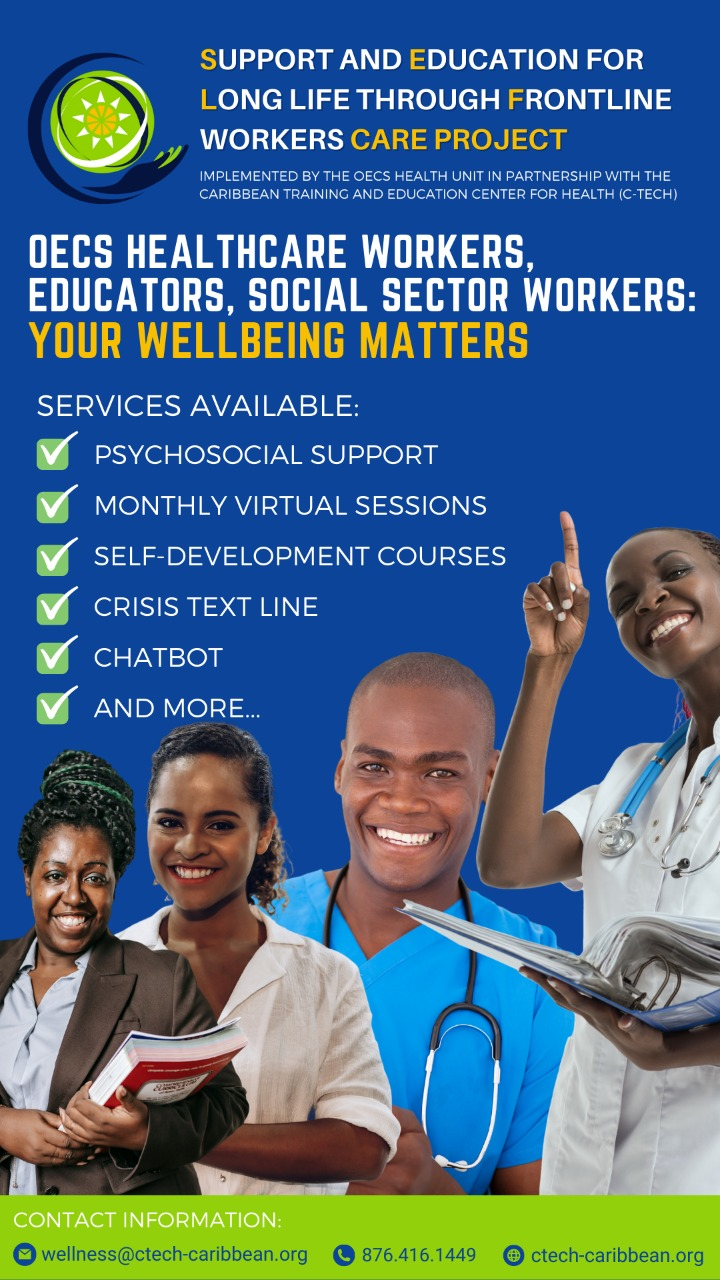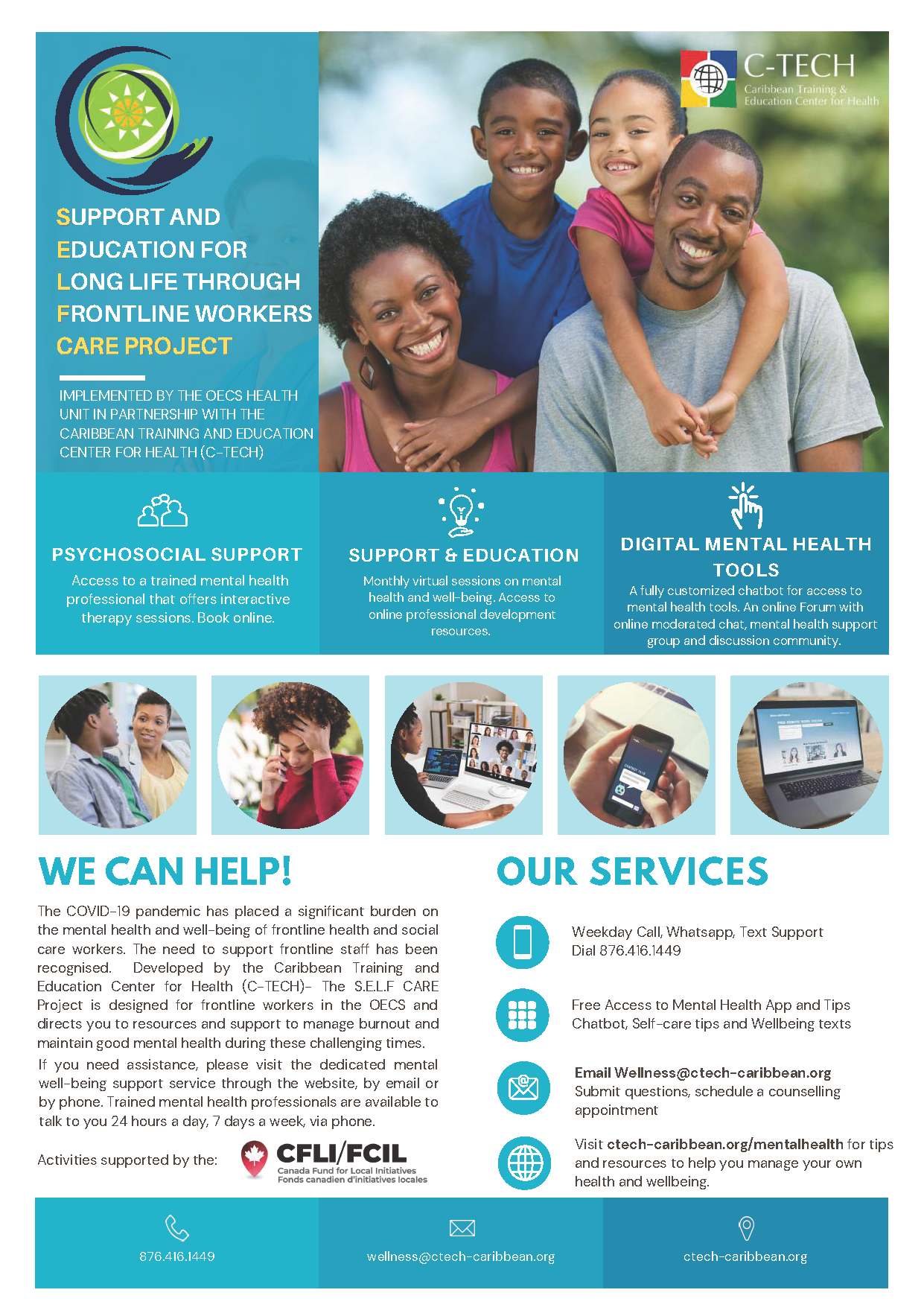Health in the Eastern Caribbean

In 2016, OECS Heads of Government established the OECS Health Unit in recognition of a single OECS health space to drive the regional functional cooperation approach to implementing the OECS Growth and development strategy (OGDS) for the OECS Health Sector.
In April 2017 the Health Unit became operational, incorporating the work of what was previously the HIV/AIDS Programme Unit (HAPU). The Council of Health Ministers meeting in Martinique in November of 2017 was a landmark meeting in which the Ministers of Health in the Eastern Caribbean approved the OGDS Health Agenda 2017-2030 and declared their commitment to the regional approach through the Fort de France Declaration on Health.
Objectives
The OGDS Health Agenda 2017-2030 is aligned with the Sustainable Development Goals(SDGs) and with the regional Caribbean Cooperation in Health IV (CCHIV), and PAHO regional strategies with OECS Countries and UK Overseas Territories (UKOTs).
These strategies have had wide consultation and input from the OECS Member States.The Strategies were presented and circulated to the OECS Health Policy Forum. The OGDS Health Agenda 2017-2030 addresses a common approach to health through the following four (4) key strategic pillars or goals:
- Healthy Environments and Health Empowerment
- Equity in Access to Sustainable Quality Healthcare Services
- Accessible Information for Strategic Governance of Health Systems
- Long-term Investment in the Health Sector.
Projects
Multiple projects are currently being implemented in the area of health in the Eastern Caribbean by the OECS Commission through its Health Unit along with Ministries of Health in the OECS Member States and international agencies.
Among the projects which were recently developed by the OECS Commission are:
1 - OECS Support Education for Long Life Through Frontline Workers (SELF) CARE Project

The OECS SELF Care Projects was launched to support the psychological health and well-being of frontline Workers. The project entitled: “Support and Education for Long Life through Frontline Workers CARE Project” – SELF CARE Project for short, is an expertly curated online hub of trusted mental health resources, information and webinars available to the over 5000 frontline workers in the OECS. Frontline workers include healthcare workers, social workers and teachers from across the nine countries and associated members in the Eastern Caribbean. This project was an initiative of the Caribbean Education Center of Health (C-TECH) and the OECS.
This project will provide vitally-needed resources for frontline workers so they can easily find the mental health support they need in order to address their unique circumstances during and following the COVID-19 crisis and beyond”.
2 - OECS Regional Health Project

The OECS Regional Health Project is a five (5) year project supported by the World Bank. This project pursues:
- improving the preparedness capacities of health systems for public health emergencies in the Eastern Caribbean
- building resilience
- containing cross-border transmission of disease outbreaks
- mitigating disruptions in the aftermath of an extreme weather event and climate change impacts.
The project commitment amount is US$30.6 million including US$21 million in International Development Association (IDA) loans to the Commonwealth of Dominica, Grenada, Saint Lucia, Saint Vincent and the Grenadines, and US$9.6 million in grant funds to the Caribbean Public Health Agency (CARPHA) (US$6.6 million) and the OECS Commission (US$ 3 million).
The project runs from August 2019 to July 31, 2024.
3 - OECS Regional Health Project Newsletter

Preparedness in the context of this regional project refers to a range of health and non-health capabilities and operational capacities implemented at national and regional levels to ensure prevention, protection, response and recovery from public health emergencies, such as infectious disease outbreaks, extreme weather events and other climate change risks. Natural disasters and disease outbreaks have demonstrated the cross-boundary nature of public health emergencies, underlining the need for resilient health systems and stronger inter-country collaboration. A regional approach was critical to ensure that investments in preparedness strategies are coordinated at both country and regional levels.
4 - EC-DON

The Blue BioTrade Project aims to empower small-scale coastal producers from OECS member states to produce and trade queen conch products sustainably in domestic, regional and international markets. This project is funded by the European Union (EU) under the OECS - EU Regional Integration through Growth Harmonization and Technology (RIGHT) Project.
The Blue BioTrade Project is being implemented in collaboration with the United Nations Conference on Trade and Development (UNCTAD), with the support of the Secretariat for the Convention on International Trade in Endangered Species of Wild Fauna and Flora (CITES).
The project was launched in 2020 and should be completed by the end of December 2022.
5 - OECS Multi-country Strategic Response Towards HIV/TB Elimination in the Region

OECS Multi-Country Srtegic Response Towards HIV/TB Elimination in the region is one of the major projects undertaken in the area of Health in the Eastern Caribbean. The US$ 3.3 million project is being implemented in 6 OECS member states: Antigua and Barbuda, Commonwealth of Dominica, St. Kitts and Nevis, St. Lucia, St. Vincent and the Grenadines, and Grenada. The Project aims to achieve the following objectives:
- Achieving 90% of People with HIV being aware of their status, 90% being treated and 90% achieving suppression of the virus
- Less than 10 Tubercolis cases per 100,000 people
This project is implanted for the period of 1 July 2022 - 31st March 2025.
6 - INTERREG Cares project

The Blue BioTrade Project aims to empower small-scale coastal producers from OECS member states to produce and trade queen conch products sustainably in domestic, regional and international markets. This project is funded by the European Union (EU) under the OECS - EU Regional Integration through Growth Harmonization and Technology (RIGHT) Project.
The Blue BioTrade Project is being implemented in collaboration with the United Nations Conference on Trade and Development (UNCTAD), with the support of the Secretariat for the Convention on International Trade in Endangered Species of Wild Fauna and Flora (CITES).
The project was launched in 2020 and should be completed by the end of December 2022.
7 - OECS Multi-country Strategic Response Towards HIV/TB Elimination in the Region

The HIV TB Elimination Project is one of the major projects undertaken in the area of Health in the Eastern Caribbean. The US$ 3.5 million project is being implemented in 6 OECS member states, namely, Antigua and Barbuda, Commonwealth of Dominica, St. Kitts and Nevis, St. Lucia, St. Vincent and the Grenadines, and Grenada. It is funded by the Global Fund and implemented by the OECS Commission. The HIV TB Elimination Project pursues two major objectives:
- Reducing the incidence of HIV following the HIV 90-90-90 targets
- Achieving the elimination of tuberculosis (TB) by the TB elimination framework for low-incidence countries.
This project should end in 2022.
8 - Diabetes Prevention and Care Project WDF17-1555

Diabetes is one of the major issues in health in the Eastern Caribbean. The Diabetes Prevention and Care Project WDF17-1555 is a US$400,000 project funded by the World Diabetes Foundation (WDF). The project is implemented in 5 OECS Member States (Antigua and Barbuda, Commonwealth of Dominica, Grenada, Saint Lucia and Saint Vincent and the Grenadines), in collaboration with the Caribbean Public Health Agency (CARPHA) and Windward Islands Research and Education Foundation (WINDREF).
It aims to change the lifestyle of people affected by diabetes and also the general by fostering a healthier diet and regular physical activity.
Expected results:
- 50 physicians and 150 nurses trained, together with up to 20 senior-level health care providers and 80 additional HCPsand at least 20 diabetes association members.
- Four diabetes/Non-Communicable Diseases (NCD) clinics were established or strengthened on each island (20 clinics) whereby the majority of the population (600,000 people) would have improved access to diabetes/NCD care.
9 - Diabetes in Disasters in Eastern Caribbean Island States, WDF18-1586

The Diabetes in Disasters in Eastern Caribbean Island States project is funded by the World Diabetes Foundation (WDF). This project aims to address and mitigate risks due to natural disasters and subsequent disruption of healthcare for people with diabetes and other NCDs in the event of a hurricane or any natural disaster. This project is implemented in six OECS Member States. 270,000 people will potentially benefit from the project through disaster preparedness and improved care. The project is implemented in collaboration with the Caribbean Public Health Agency (CARPHA) and the Windward Islands Research and Education Foundation (WINDREF) and the Caribbean Disaster Emergency Management Agency (CDEMA).
Resources
Access more resources on Health in the Eastern Caribbean via the OECS Library.
Partners
The OECS has been partnering for multiple years with international agencies who support projects developed in the area of health in the Eastern Caribbean.
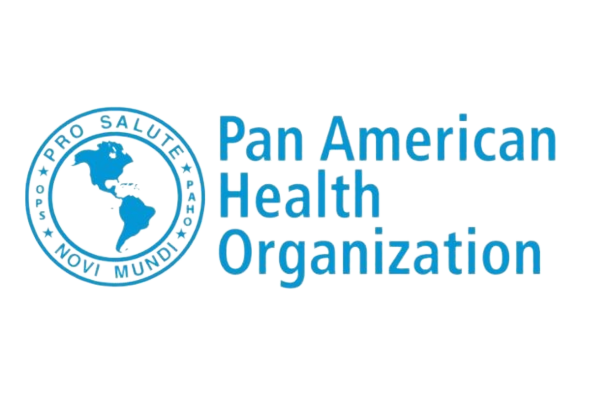
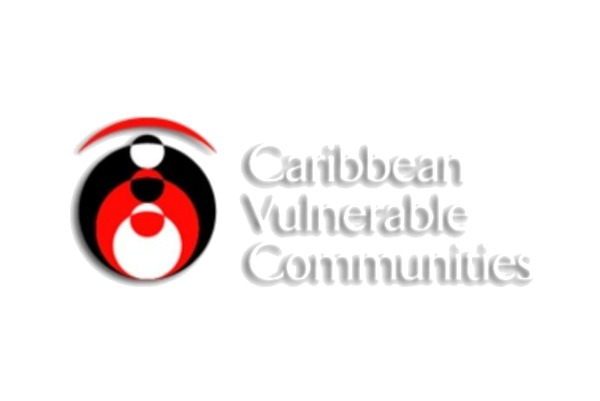

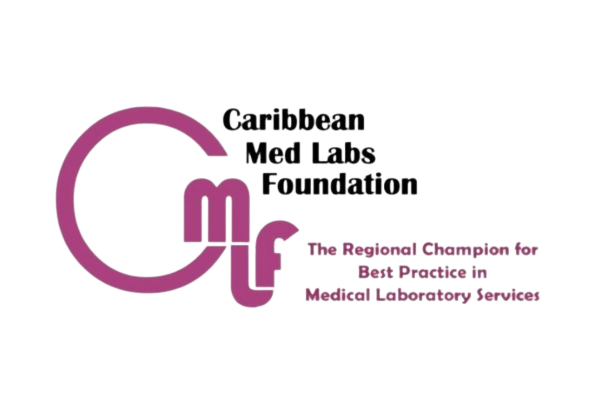
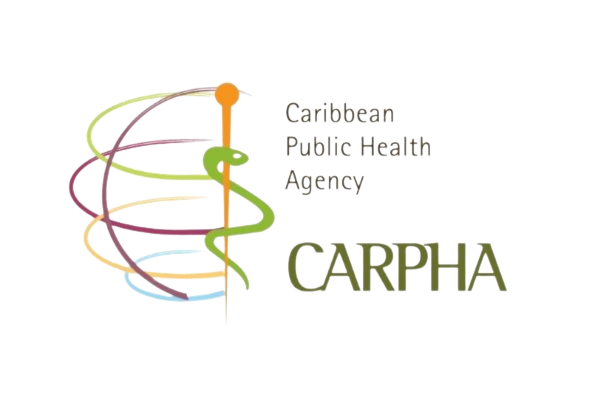
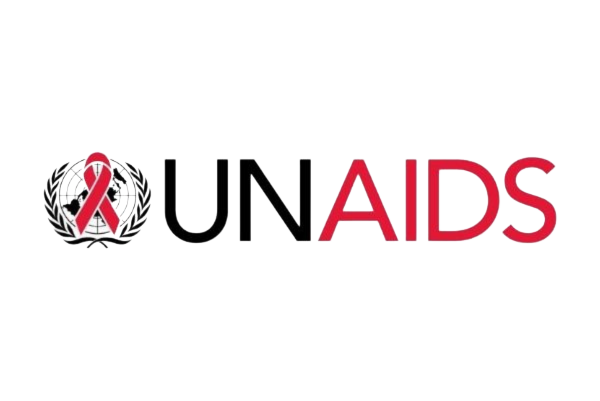
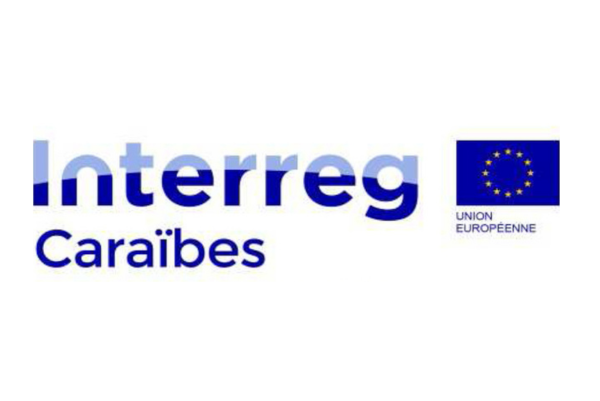
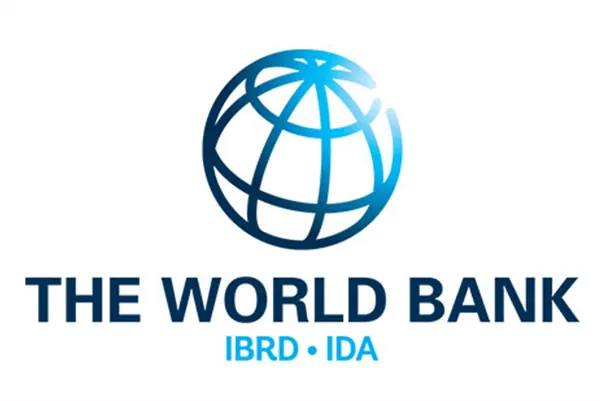
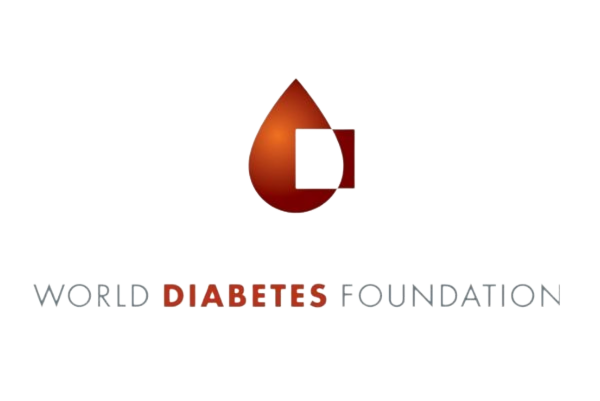
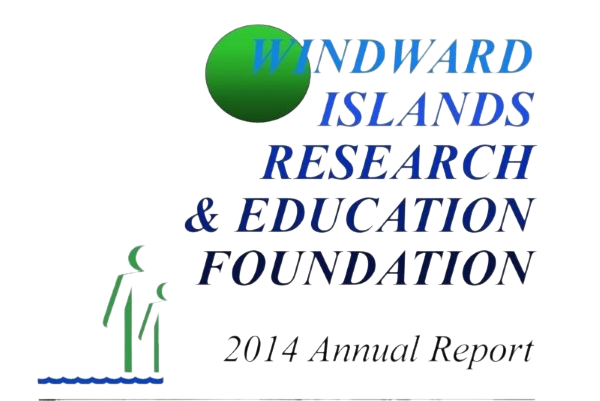
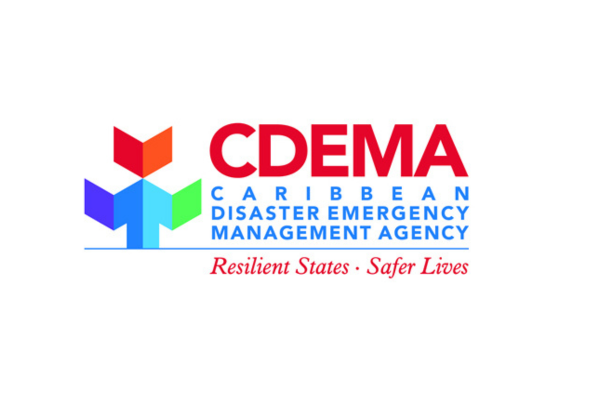
Contacts
Roxanne Brizan St Martin
Programme Director
+1 (758) 455-6382
Roger Welch
Project Manager and Technical Specialist
Tel: +1 (758) 453-7476
Faith Harry-Jn. Baptiste
Project Manager in Health Unit
Tel: +1 (758) 453-7476
Curtis Edwards
Technical Specialist - Health Data and Informatics
Tel: +1 (758) 455-6441
Anela Jean-Marc
Programme Assistant
Tel: +1 (758) 453-7476
Paulette Popo
Programme Assistant
Tel: +1 (758) 453-0069
Learn more on Health in the Eastern Caribbean
The OECS is working in close collaboration with all the Ministries of its Member States on all matters related to Public Health in the Eastern Caribbean. The Council of Ministers of Health is hosted once a year. This meeting aims to harmonize the strategy in Public Health in the OECS Member states.
